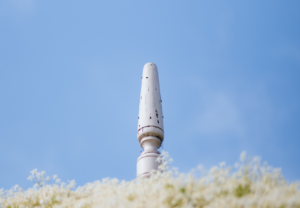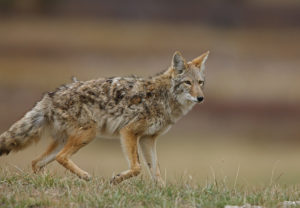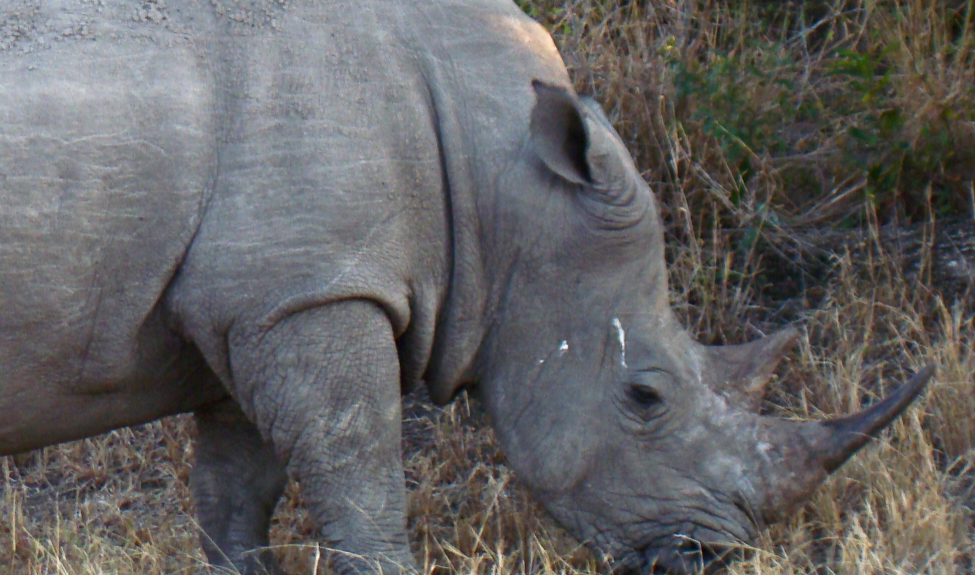“A normal poacher you follow just runs. A rhino poacher has rifles, they will shoot at you if they feel their life was in danger. These guys were in the military, they were in this situation, they were shot upon, they know what to look for, it is important to us that our people know what to look for in a situation like that.”
***
With the price of rhinoceros horns skyrocketing on the black market around the globe — especially in Vietnam and China — private ranch owners residing in areas where the mighty creatures roam are increasingly being placed in dangerous and potentially deadly situations. In Asia, the bony tusks can fetch a whopping $60,000 per kilogram (almost two and a quarter pounds) and the poachers who chase after its wicked value aren’t choir boys.
To combat the terror and bloody risk they foster, land owners and rangers in Africa — South Africa specifically — have sought the consultation and wisdom of United States military veterans.
“The same behavior you see in poaching is the same thing you see in an insurgency, so having extensive background and understanding in insurgency and counterinsurgency, all these applications directly apply,” veteran Lynn Westover explained to Africa News.
Vets from Australia’s military have also been participating in the training sessions.
To exacerbate the problem, six months ago the South African government lifted its ban on the specific trade, after an appeal to uphold it was denied.
Of course, there’s a big difference between the industry, and the poaching of its product. That being dead rhinos, and criminality.
This from National Geographic:
Rhino horn is made of keratin, the same protein as in hair or fingernails. In South Africa, ranchers raise rhino like dairy cows. Rather than milk their animals, however, they periodically anesthetize them, saw off their horns, and stockpile the lumps of keratin. If a rhino’s horn is removed above the root, it grows back.
The primary markets for rhino horn are China and Vietnam, where it is often ground into powder for use, fallaciously, as a cancer or headache cure. Even opponents of South Africa’s domestic rhino horn ban acknowledge that there is virtually no market for rhino horn inside South Africa. And so the opening of South Africa’s rhino horn market brings with it an unpleasant reality: Horn will now most certainly be smuggled out of South Africa to Asia.
In part, the ban was lifted due to the advisement of a man named John Hume, the “world’s largest rhinoceros farmer.” On his land, which houses about 1,300 rhinos, he claims he’s sacked away about five tons of horns. If one applies the aforementioned underground asking price (for a single kilogram or pound), that’s roughly a quarter of a billion dollars he’s sitting on.




































